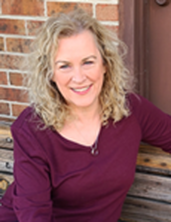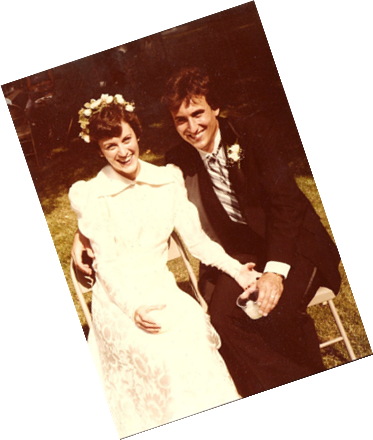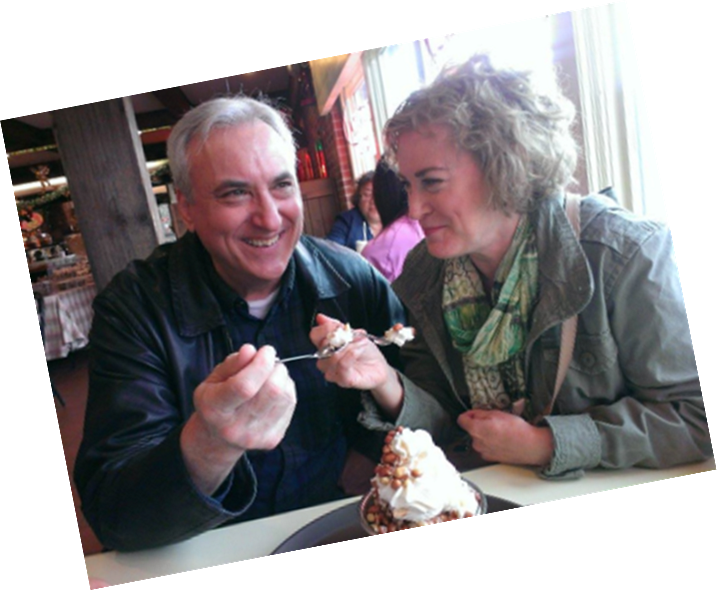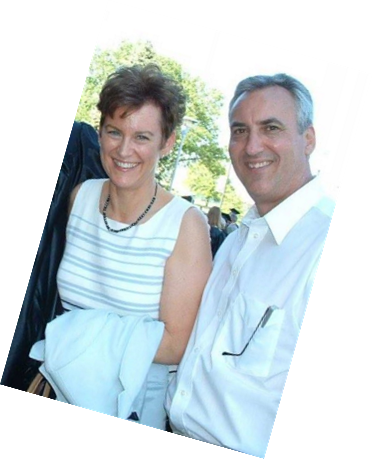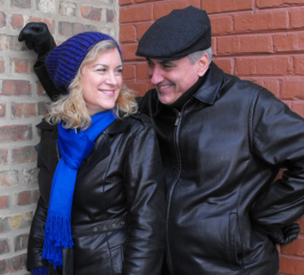“Have you thought about what will happen if this next treatment doesn’t work?” We held each other a little tighter as Paul’s doctor tenderly continued, “You taught your children how to live well; now you must teach them how to die well.” My husband Paul battled Multiple Myeloma cancer for three painful years. People often remarked on our faith in God and deep love for each other. I teased through tears more than once that everyone wants to be me. Okay, maybe they didn’t want to be me, but everyone longs for the deep love and tenderness the harsh cancer journey gave us. Forty years of “for better, for worse, for richer, for poorer, in sickness and in health” ended on March 4, 2020 as Paul’s faith became reality. No one wants to be me now. When someone you love dies, the hole they leave is enormous. The sorrow, the waves of grief cannot be measured. Losing your husband—that’s an awkward phrase -- I didn’t misplace Paul. Losing your husband is an earthquake of epic proportions. When your husband dies, everything changes. Everything. The world as you know it ceases to exist. A lifetime of “two becoming one” is instantly shattered. From when you first wake up in that huge bed all alone till you lay your head on it again and pray for sleep. Nothing will ever be the same again. Not the mundane tasks of getting a cup of morning coffee—”Do you want one, babe?” Nor the intimacy of bumping into each other in the bathroom as you brush your teeth. Widows talk about loss of identity—if I’m not Paul’s wife, who am I? You are suddenly out of step with the universe, trying to find yourself, find your footing, find your place. Paul was my super-power. One glance from him, and I could scale tall buildings in a single-bound. Life was certain; I was certain. For ministry wives, this loss of identity can come with a very real loss of income, loss of home, even loss of your home church. Every day you discover something new that you lost. And you are now responsible for everything--finances, planning, family, spiritual life. If only I could remember where I set my keys. Our adult children worried about me. They have never known a universe without Paul and I together. I have been known to not sleep when Paul traveled, working through the night to refinish a piece of furniture, paint a room, write a paper. My daughter said, “You don’t have to grieve perfectly, mom.” Oh, but I did. Of course, I won’t do it perfectly, but I must grieve and live in a way that honors the life and love Paul and I shared, that honors our faith and trust in God. If I want to teach my children how to grieve well, I must grieve well myself. But where do I begin? As the fog began to lift, I began to journal. So much of my writing reminds me of David’s Psalms—beginning so pitifully, yearning to find God’s goodness, but always ending with hope. My first entry began, “This morning I’m thinking of all the things I hate, like signing my name alone. ‘Happy Birthday from Paul and Julie’ just feels right. ‘Happy Birthday from Julie’ is so lacking, so small, so exposed. I feel so lacking, so small, so exposed, so vulnerable.” In that place of honesty, gratitude for our life seeped in. And in that place of gratitude, God began to speak a future hope. “Some things you just can’t have without sorrow and loss. Joy of finding the lost sheep, the lost coin, the lost son. Without the loss, you don’t know the joy of finding. What joys await me? What joys will I find on this journey?” When Paul was first diagnosed with cancer and the earth began to shake under my feet, I said, “We’ve got this, babe. All we have to do is live like we say we believe.” Now without Paul, I’ve had to go back with my Bible and journal in hand to recheck my foundations-- all that I believe about God’s goodness, His ability to heal, His calling, His resurrection power. Jesus, the same yesterday, today, & forever—a firm foundation. I’ve read everything I could find on grief. I appreciate most the many books and articles by widows on everything from grieving to legal issues and finances. I find myself in their stories. I joined a widow’s group on Facebook. Welcome to the group no one wants to join.
Some of the best advice I read was to choose a board of directors, an advisory panel to help me grow in my competence as a single person. My board includes godly widows, a person with financial wisdom, a practical friend, an encourager, a person with spiritual discernment, and a relative whose priority is my well-being. They don’t all know they are on my BOD, but I’m thankful for their advice and encouragement. Someone said, we are all grief adjacent until we are grief stricken. If you are grief adjacent, reach out to the brokenhearted—listen to their stories, embrace their tears. Even if it feels awkward, mention their loved one, share a memory, tell how they mattered. A friend just wrote on Facebook, “I miss Paul, what an amazing man. I loved seeing you two together.” What simple, healing words those are. For the grievers, the brokenhearted, you didn’t choose this journey, but you can choose how you move forward. While your grief is as individual as your fingerprint, the same God who stamped your fingerprint knew this day was coming—and He prepared you for this moment. As you walk through the valley of the shadow of death, cling to Jesus, and you will discover, as Mother Theresa said, there are treasures in the darkness. Jesus, the greatest treasure, will Himself comfort you and His Word will be a light to your path.
2 Comments
|

